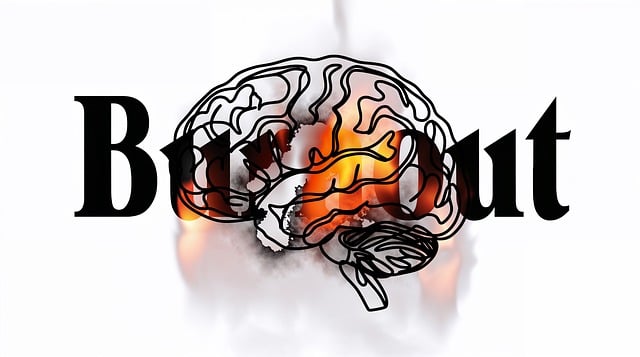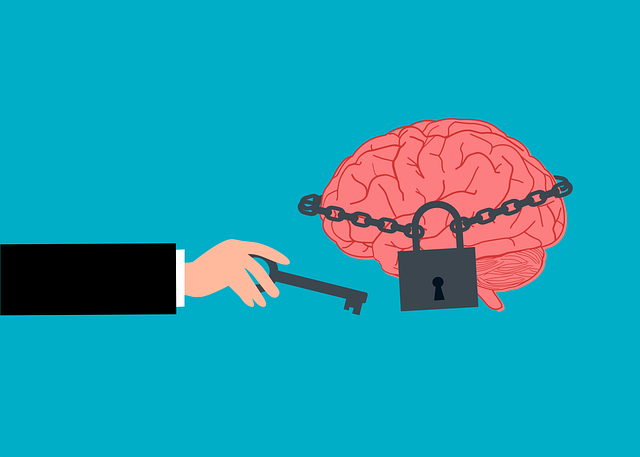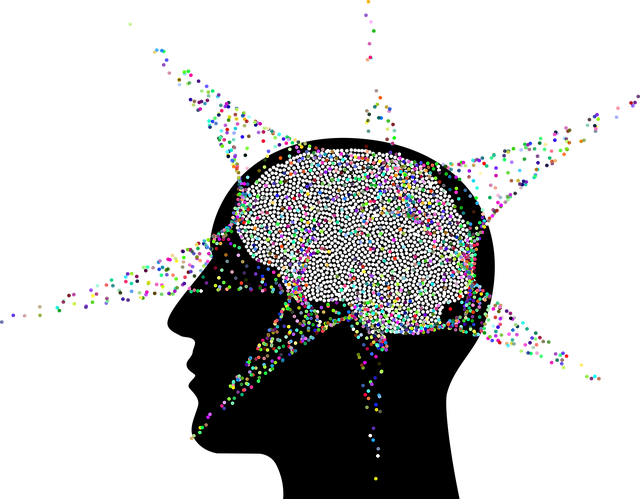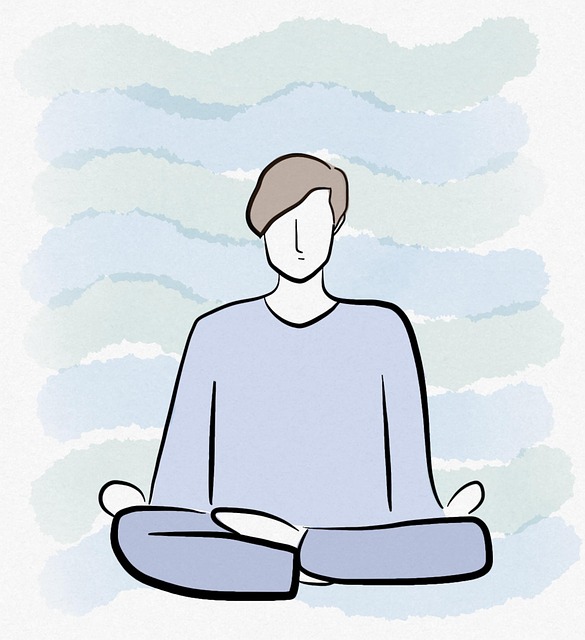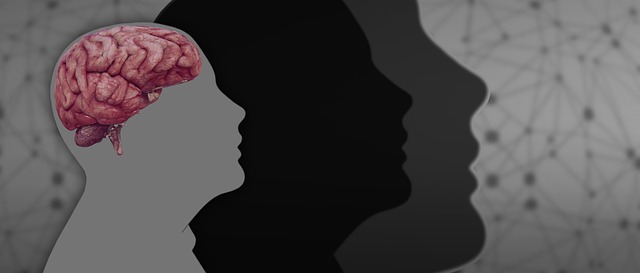Mental wellness self-assessment tools are crucial for empowering young adults in polyamorous and open communities, addressing unique relationship challenges with tailored therapy. These assessments measure emotional well-being, identify areas for improvement, and guide effective mood management. By promoting agency, they encourage specialized therapy aligned with individual needs, fostering more fulfilling connections. Inclusive resources, culturally sensitive design, and community outreach ensure accurate reflection of diverse interpersonal dynamics. Personalized therapy plans integrating evidence-based practices and understanding of complex relationships build resilience, improve communication, and empower self-care. Robust evaluation frameworks measure success, demonstrating the tools' effectiveness in enhancing mental wellness and facilitating early intervention for young adults navigating polyamorous and open relationships.
Mental wellness self-assessment tools play a pivotal role in empowering young adults in polyamorous and open relationships to take charge of their mental health. This article explores the critical development of such tools, addressing unique challenges faced by this demographic. We delve into creating inclusive assessments with cultural sensitivity, integrating personalized therapy options, and measuring the impact on promoting mental wellness among young adults navigating complex interpersonal dynamics.
- Understanding Mental Wellness Self-Assessment: Why It Matters for Young Adults in Polyamorous Relationships
- Identifying Unique Challenges: Navigating Mental Health Issues within Open Relationships
- Creating Comprehensive Tools: Incorporating Cultural Sensitivity and Inclusion for Diverse Populations
- Integrating Therapy Options: Supporting Young Adults with Personalized Treatment Plans
- Measuring Success and Impact: Evaluating the Effectiveness of Self-Assessment Tools in Promoting Mental Wellness
Understanding Mental Wellness Self-Assessment: Why It Matters for Young Adults in Polyamorous Relationships

Mental wellness self-assessment tools play a pivotal role in empowering young adults navigating complex relationships, especially within polyamorous and open communities. These assessments offer an opportunity for individuals to gain profound insights into their emotional well-being, which is crucial for fostering healthy connections. Many young adults in such relationships may face unique challenges related to trust, communication, and self-discovery, often requiring specialized support.
Self-assessment tools can facilitate the process of identifying areas for improvement by measuring various aspects of mental wellness, including emotional intelligence and resilience building. By understanding their moods and emotional responses, individuals can learn effective mood management techniques, enhancing their ability to navigate relationship dynamics with confidence. This proactive approach to mental health promotes a sense of agency, enabling young adults to seek appropriate therapy for polyamorous relationships and foster more fulfilling connections within their chosen lifestyle.
Identifying Unique Challenges: Navigating Mental Health Issues within Open Relationships

Navigating mental health issues within open relationships presents unique challenges that often go unnoticed or unaddressed due to societal norms and stigma. Polyamorous and open relationships, characterized by emotional connections with multiple partners, can lead to complex emotional landscapes. Individuals in these arrangements may face distinct pressures related to jealousy, trust, and communication compared to those in monogamous partnerships.
Developing self-assessment tools for mental wellness in this context requires a nuanced approach that considers the dynamics of non-traditional relationships. Crisis intervention guidance and emotional regulation strategies tailored to polyamorous and open relationships can significantly enhance mental wellness coaching programs development. By providing support that understands and validates their unique experiences, these tools can foster resilience and improve overall well-being among young adults navigating complex interpersonal connections.
Creating Comprehensive Tools: Incorporating Cultural Sensitivity and Inclusion for Diverse Populations

In developing mental wellness self-assessment tools, it’s crucial to create comprehensive resources that cater to the diverse needs of various populations. Incorporating cultural sensitivity and inclusion is essential to ensure these tools resonate with folks from different backgrounds, including those in polyamorous and open relationships. By reflecting the experiences and terminologies used within these communities, the assessments can provide a more accurate picture of mental wellness for young adults navigating unique interpersonal dynamics.
A well-designed self-assessment should consider the impact of cultural factors on emotional healing processes, leveraging community outreach program implementations to gather insights from marginalized groups. This approach fosters a sense of belonging and trust, encouraging honest self-reflection. Ultimately, integrating cultural sensitivity in mental healthcare practice not only enhances assessment accuracy but also promotes equitable access to care for all individuals, regardless of their relationship structure or identity.
Integrating Therapy Options: Supporting Young Adults with Personalized Treatment Plans

Integrating diverse therapy options is crucial when supporting young adults, especially those navigating complex personal relationships like polyamorous and open connections. Recognizing that each individual’s journey to mental wellness is unique, therapists can create personalized treatment plans that cater to their specific needs. This approach ensures that therapy becomes an effective tool for fostering resilience in young adults.
By combining evidence-based practices with a deep understanding of interpersonal dynamics, therapists can help clients develop essential communication strategies and emotional well-being promotion techniques. These tailored interventions empower young adults to manage challenges within their relationships, enhance self-care practices, and ultimately thrive in their personal and social lives.
Measuring Success and Impact: Evaluating the Effectiveness of Self-Assessment Tools in Promoting Mental Wellness

Measuring success and impact is a crucial aspect of developing effective mental wellness self-assessment tools. These tools play a vital role in supporting individuals, especially young adults navigating complex life challenges, such as those in polyamorous and open relationships. By utilizing various methods, developers can ensure that these assessments accurately evaluate mental health status, identify risks, and promote positive change.
The effectiveness of self-assessment tools can be gauged through robust evaluation frameworks that incorporate feedback from users and professionals alike. This process involves analyzing how well the tools align with current Mental Health Policy Analysis and Advocacy, enabling early intervention and tailored support for individuals experiencing stress or mental health challenges. Moreover, by assessing improvements in resilience building and stress management skills, developers can ascertain the long-term impact of these tools on users’ overall mental wellness.
Mental wellness self-assessment tools tailored for young adults in polyamorous relationships have the potential to revolutionize their access to personalized therapy options. By addressing unique challenges, such as communication dynamics and relationship complexities, these tools can foster a sense of empowerment and self-care within diverse populations. Incorporating cultural sensitivity and evidence-based practices ensures effectiveness, enabling young adults to navigate mental health issues with enhanced resilience. Ultimately, the success of these initiatives lies in their ability to connect individuals with tailored support, promoting overall mental wellness for those navigating the complexities of polyamorous and open relationships.






